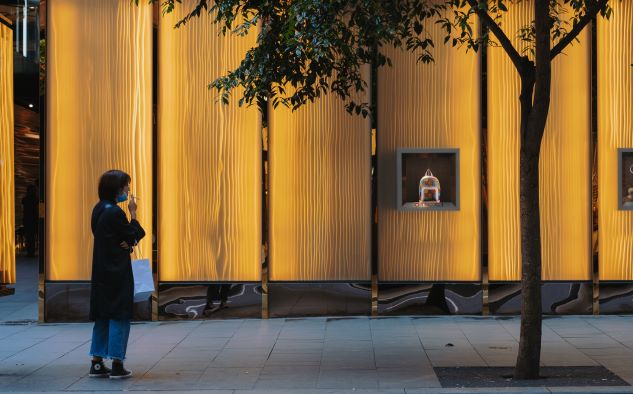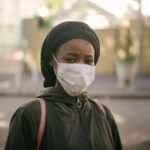Coronavirus: Despite all efforts — global lockdown, social distancing guidelines and increased sanitisation — the number of COVID-19 cases has been rising across the world. However, with the exceptional efforts of doctors and other healthcare workers, over two million people have recovered from this infectious disease. But does your life return to normal after recovery?
Representational image. Image source: Getty Images.
The recovery time
The World Health Organisation (WHO) stated that in the case of mild infection, the patient may recover in about two weeks, without any further complications. However, in severe or critical cases, patients may take three to six weeks to recover from it.
Patients are discharged from the hospital when they show negative viral load in two consecutive PCR tests and are symptom-free.
The journey of recovery
The recovery time estimated by WHO is just the time an infected person takes to recover from the symptoms of COVID-19 in the hospital. However, the actual recovery may take a much longer time.
People with mild disease may get better with time and may not face any long-term health issues. However, the recovery time for people who faced serious complications of COVID-19 , such as respiratory distress or delirium, is definitely higher.
People with serious complications need ICU care and ventilator support for breathing, which can take a toll on their physical as well as mental health in the longer run. In many cases, the person may need assistance to breathe even after coming off a ventilator. The patient may need a mask or a continuous positive airway pressure ventilator (Cpap) at home, which would provide the required oxygen support.
People who have been in the ICU may require support while sitting, standing and even lifting their arms off their bed.
People who stay on the ventilator in the ICU for a long period would require physical therapy to be able to walk again, breathe again and sometimes even to speak and swallow.
The patients might need psychotherapy to deal with the mental trauma associated with the disease and its treatment.
Life after recovery
Lack of energy, breathlessness, and loss of appetite have been reported in people who were previously infected and have recovered from the symptoms of COVID-19. Due to the damage caused by the virus to the lungs and other organs, the body takes time to recover and get back to its former state. Till that time, the person may have to pay attention to their immunity levels and would have to maintain social distancing as there could be chances of remission of the viral disease.


